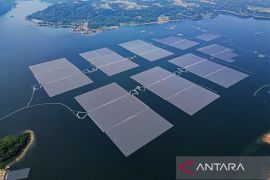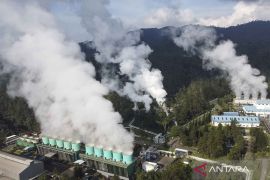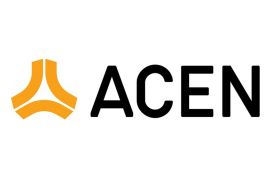"Electric vehicle incentives will accelerate electro-mobility in Indonesia as one of the most effective ways to decarbonize the transportation sector," he said in a statement issued here on Thursday.
As of October 25, 2022, a total of 31,827 electric vehicles have obtained a Type Test Registration Certificate (SRUT).
Rasjid said he is optimistic that various incentives will ease the way toward realizing the target of putting 2 million electric vehicles on Indonesian roads by 2025.
This optimism is based on data from the Association of Indonesian Automotive Industries (Gaikindo), which has shown a significant increase in electric vehicle ownership.
As per the data, only 131 electric cars were sold in July 2022. The figure jumped 15-fold to 1,965 in November.
Rasjid said that the push for EVs is a part of the program for transitioning to a green economy.
Therefore, he said he hopes that the plan to provide incentives can be aligned with the long-term road map for the green energy transition.
"So that there is a connection between one policy and another and it becomes more comprehensive in supporting the energy transition towards net zero carbon," he explained.
Related news: Expediting adoption of EVs to lower emissions, fuel subsidies: govt
Rasjid then emphasized the need for conducive regulations to support the achievement of clean energy targets.
He gave the example of a regulation allowing renewable energy to be made accessible to the industry.
"If it is increasingly difficult to access, the price will be expensive and people's purchasing power will be low," he said.
In addition, he mentioned other obstacles to developing a green economy, including funding and technology.
Cooperation and partnership between the public and the private sector will be key to facing these two challenges.
"Providing incentives such as taxes and tariffs is also important to accelerate the empowerment of new and renewable energy (EBT) in Indonesia by making EBT competitive compared to fossil energy and forming an attractive market for investors," said Rasjid.
Incentives for electric vehicles have been listed in Presidential Regulation (Perpres) Number 55 of 2019 concerning the battery electric vehicle (KBL) program for road transportation.
Under the regulation, the number of electric vehicles in Indonesia is targeted to reach 2 million by 2025.
The regulation also states that the central and local governments will provide fiscal and non-fiscal incentives to accelerate the battery-based KBL program for road transportation.
The incentives can be given to the battery-based KBL industry that will build battery-based KBL manufacturing facilities in the country, it adds. This would be in accordance with the provisions of the legislation.
Related news: 60% of EVs globally to depend on Indonesia-made batteries: Widodo
Related news: Gov't contemplates on incentive schemes to encourage conversion to EVs
Translator: Katriana
Editor: Suharto
Copyright © ANTARA 2022












